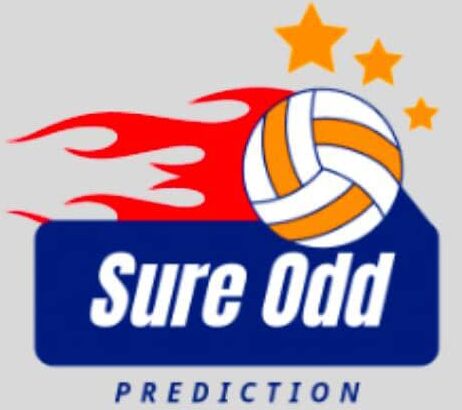AC Milan vs Club Brugge 22/10/2024 Predictions, Team news and Lineups
AC Milan vs Club Brugge 22/10/2024 Predictions, Team news and Lineups
AC Milan and Club Brugge are two football clubs from different European leagues with a strong tradition in international competitions. AC Milan is one of Italy’s most successful football clubs, having won multiple UEFA Champions League titles, Serie A titles, and numerous other domestic and international trophies. Club Brugge, from Belgium, is one of the top teams in the Belgian Pro League and has a strong presence in European competitions, especially in recent years.
If you’re asking about a specific match between the two clubs, such as a Champions League or friendly match, please let me know, and I can provide more detailed information on that. Historically, they haven’t faced each other very frequently, but both teams have competed in similar tournaments. Their styles would present an interesting tactical battle, with AC Milan’s rich history of world-class players facing the ambitious Belgian side known for their talented youth and solid performances.
If AC Milan and Club Brugge were to meet in a competitive match, it would offer an exciting clash of styles and football cultures. AC Milan, with its prestigious history, has been home to some of football’s greatest names, including legends like Paolo Maldini, Kaka, and Andriy Shevchenko. Known for their tactical discipline and defensive strength, especially during the golden eras of Italian football, Milan also brings a rich attacking tradition, bolstered by technically gifted midfielders and prolific forwards.
Club Brugge, on the other hand, represents one of the powerhouses of Belgian football. While they may not have the same international profile as Milan, Brugge has a reputation for producing and nurturing young talents, often blending youth with experienced players to challenge in both domestic and European competitions. In recent years, they’ve grown stronger in Europe, often advancing to the knockout stages of the UEFA Champions League or Europa League.
A potential meeting between these two teams would likely showcase contrasting tactics: Milan might rely on structured play, balanced between strong defense and sharp counter-attacks, while Brugge would look to use their speed, energy, and pressing to unsettle Milan’s rhythm.
In terms of fan culture, both clubs are supported by passionate fanbases. San Siro, Milan’s home stadium, is one of the most iconic arenas in world football, known for its electrifying atmosphere during European nights. Similarly, Club Brugge’s Jan Breydel Stadium is known for its intense, loyal fans who back their team with enthusiasm in both domestic and international fixtures.
A match between AC Milan and Club Brugge could go either way, depending on form, player availability, and tactical approach, but it would undoubtedly be a thrilling encounter with both teams eager to make their mark in European competition.
The clash would also highlight the broader dynamics of European football. AC Milan, representing one of the historic giants of the sport, carries the weight of a rich footballing heritage, with a reputation for dominating European competitions. Their legacy includes seven UEFA Champions League titles, a record that places them among the elite clubs of Europe. Despite some recent struggles in the late 2010s, Milan has been rebuilding, with a mix of experienced players and young talents that are helping them compete at the highest levels again.


Comments are closed.